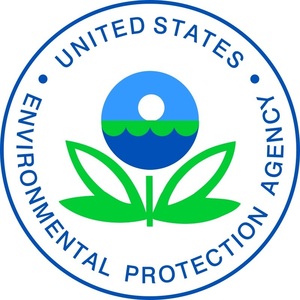EPA to reconsider 2009 finding that GHGs endanger public health, GHG reporting program

March 13, 2025
BY Erin Voegele
The U.S. EPA on March 12 announced it has kicked off a formal reconsideration of 2009 Endangerment Finding, which forms the legal basis for greenhouse gas (GHG) regulations, and is considering the elimination of the agency’s Greenhouse Gas Reporting Program.
The Endangerment Finding is not a regulation. Rather, it is a legal determination made by the EPA in 2009 that GHG emissions endanger human health and the environment. It specifically addresses carbon dioxide, methane, nitrous oxide, hydrofluorocarbons, perfluorocarbons, and sulfur hexafluoride emissions and allows the EPA to regulate the emissions of those six GHGs.
According to the EPA, it will begin a formal reconsideration of the Endangerment Finding in collaboration with the Office of Management and Budget and other relevant agencies. The agency also said it intends to reconsider all of its prior regulations and actions that rely on the Endangerment Finding. Vehicle tailpipe emissions standards among the regulations the EPA said it will initially target.
Advertisement
Also on March 12, the EPA announced plans to reconsider its mandatory Greenhouse Gas Reporting Program, which currently requires more than 8,000 facilities and suppliers in the U.S. to calculate and submit data on their GHG emissions annually. Many ethanol plants and other biorefineries are among the facilities currently subject to the Greenhouse Gas Reporting Program.
Advertisement
Related Stories
International Sustainability & Carbon Certification has announced that Environment and Climate Change Canada has approved ISCC as a certification scheme in line with its sustainability criteria under its Clean Fuel Regulations.
Legislation introduced in the California Senate on June 23 aims to cap the price of Low Carbon Fuel Standard credits as part of a larger effort to overhaul the state’s fuel regulations and mitigate rising gas prices.
The government of Brazil on June 25 announced it will increase the mandatory blend of ethanol in gasoline from 27% to 30% and the mandatory blend of biodiesel in diesel from 14% to 15%, effective Aug. 1.
The U.S. Court of Appeals for the D.C. Circuit on June 20 rejected several claims challenging the U.S. EPA’s RFS Set rule but will require the agency to provide additional information on certain environmental findings.
The 2025 International Fuel Ethanol Workshop & Expo, held in Omaha, Nebraska, concluded with record-breaking participation and industry engagement, reinforcing its role as the largest and most influential gathering in the global ethanol sector.
Upcoming Events










